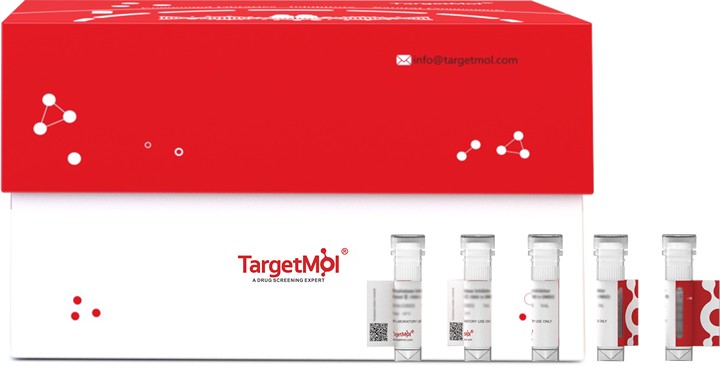Shopping Cart
Remove All Your shopping cart is currently empty
Your shopping cart is currently empty
Adiponectin Protein, Human, Recombinant is expressed in HEK293 Cells. The accession number is Q15848.

| Pack Size | Price | USA Warehouse | Global Warehouse | Quantity |
|---|---|---|---|---|
| 5 μg | $85 | 7-10 days | 7-10 days | |
| 10 μg | $138 | 7-10 days | 7-10 days | |
| 20 μg | $222 | 7-10 days | 7-10 days | |
| 50 μg | $423 | 7-10 days | 7-10 days | |
| 100 μg | $736 | 7-10 days | 7-10 days | |
| 200 μg | $1,280 | 7-10 days | 7-10 days | |
| 500 μg | $2,680 | 7-10 days | 7-10 days | |
| 1 mg | $4,750 | 7-10 days | 7-10 days |
| Biological Activity | ED 50 < 2.0 μg/ml, measured in a cell proliferation assay using M1 cells. |
| Description | Adiponectin Protein, Human, Recombinant is expressed in HEK293 Cells. The accession number is Q15848. |
| Species | Human |
| Expression System | HEK293 Cells |
| Tag | Tag Free |
| Accession Number | Q15848 |
| Synonyms | GBP-28,Apm-1,Acrp-30 |
| Construction | Lys101-Asn244 |
| Protein Purity | > 95% as determined by SDS-PAGE |
| Molecular Weight | 16~17 kDa (Reducing conditions) |
| Endotoxin | < 0.2 EU/μg of protein as determined by the LAL method. |
| Formulation | Lyophilized from a 0.2 μm filtered solution in PBS. |
| Reconstitution | Reconstitute the lyophilized protein in sterile deionized water. The product concentration should not be less than 100 μg/ml. Before opening, centrifuge the tube to collect powder at the bottom. After adding the reconstitution buffer, avoid vortexing or pipetting for mixing. |
| Stability & Storage | Upon receiving, this product remains stable for up to 6 months at lower than -70°C. Upon reconstitution, the product should be stable for up to 1 week at 4°C or up to 3 months at -20°C. For long term storage it is recommended that a carrier protein (example 0.1% BSA) be added. Avoid repeated freeze-thaw cycles. |
| Shipping | In general, lyophilized powders are shipped with blue ice, while solutions are shipped with dry ice. |
| Research Background | Adiponectin is an important adipokine involved in the control of fat metabolism and insulin sensitivity. It is synthesized exclusively by adipocytes and secreted into plasma. It antagonizes THF-alpha by negatively regulating its expression. It also inhibits endothelial NF-kappa-B signaling through a cAMP-dependent pathway. Adiponectin can form low molecular weight complexes (LMW), middle molecular weight complexes (MMW) and higher molecular weight complexes (HMW). These bind to various growth factors, such as HBEGF, PDGFB and FGF2, and play a role in cell growth, angiogenesis and tissue remodeling. |
| Size | Quantity | Unit Price | Amount | Operation |
|---|

Copyright © 2015-2026 TargetMol Chemicals Inc. All Rights Reserved.